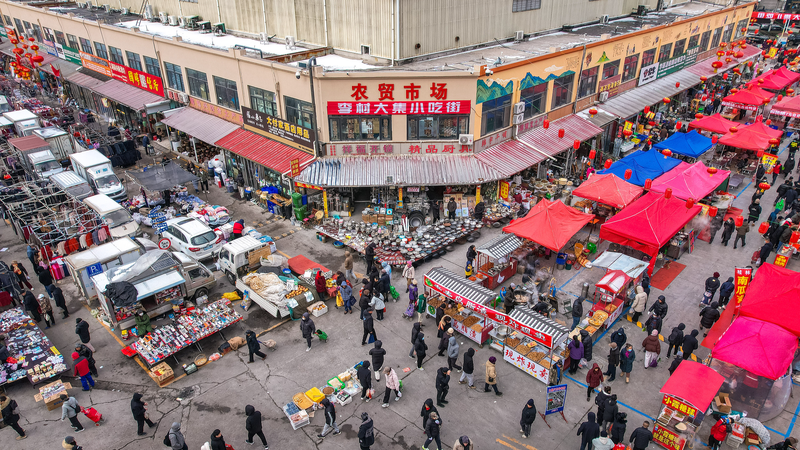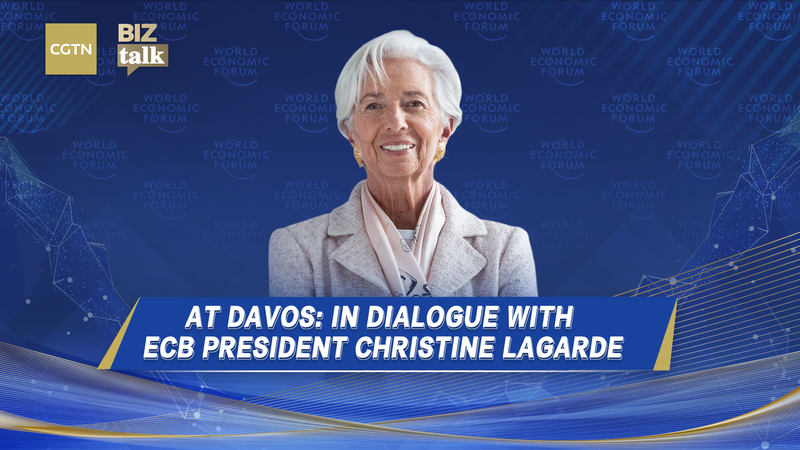In an era marked by ideological rifts and shifting power blocs, history scholar Odd Arne Westad urges a long view to decode today's global disorder. Drawing on his expertise in Cold War dynamics, Westad argues that the notion of a "new Cold War" oversimplifies a world where interdependence and rivalry coexist.
He outlines how the Chinese mainland's rise reshapes global influence, not as an abrupt upheaval but as part of century-long power transitions. Meanwhile, the Global South is flexing new economic and diplomatic muscles, and Europe is on a quest for strategic autonomy.
Central to Westad's analysis is the China–U.S. rivalry, which he believes can evolve into "managed competition" rather than outright confrontation. This model, he suggests, balances national interests with collaborative frameworks, giving multilateralism a fighting chance even amid fragmentation.
For young global citizens and thought leaders alike, Westad's insights highlight that past mistakes need not become present traps. By learning from history, we can craft policies that uphold cooperation, address inequality, and navigate ideological divides.
As the world grapples with the future of global governance, Westad offers hope: history may not repeat exactly, but it provides a compass for navigating change with wisdom.
Reference(s):
Watch: Westad on power, ideology and the future of our world
cgtn.com




